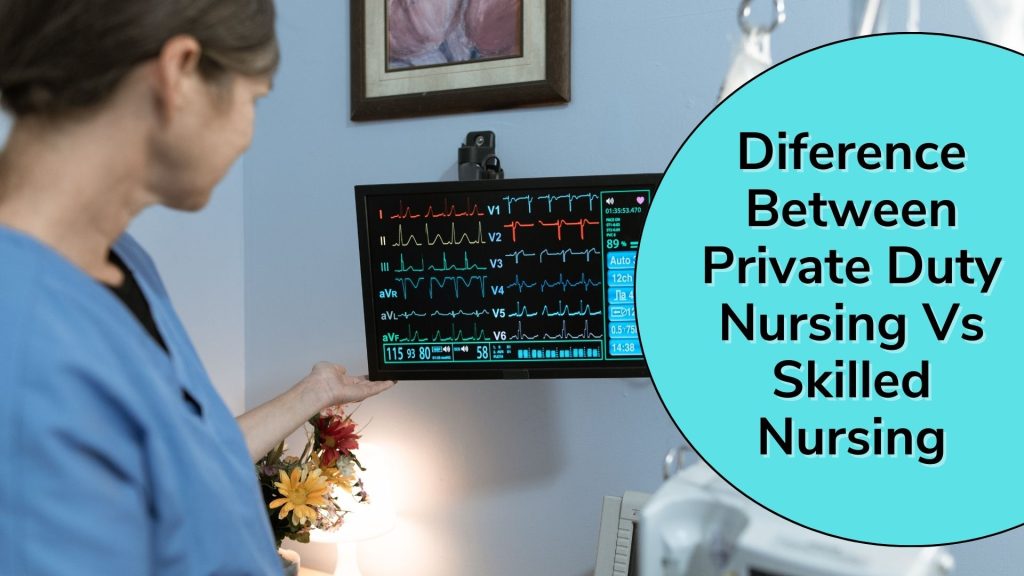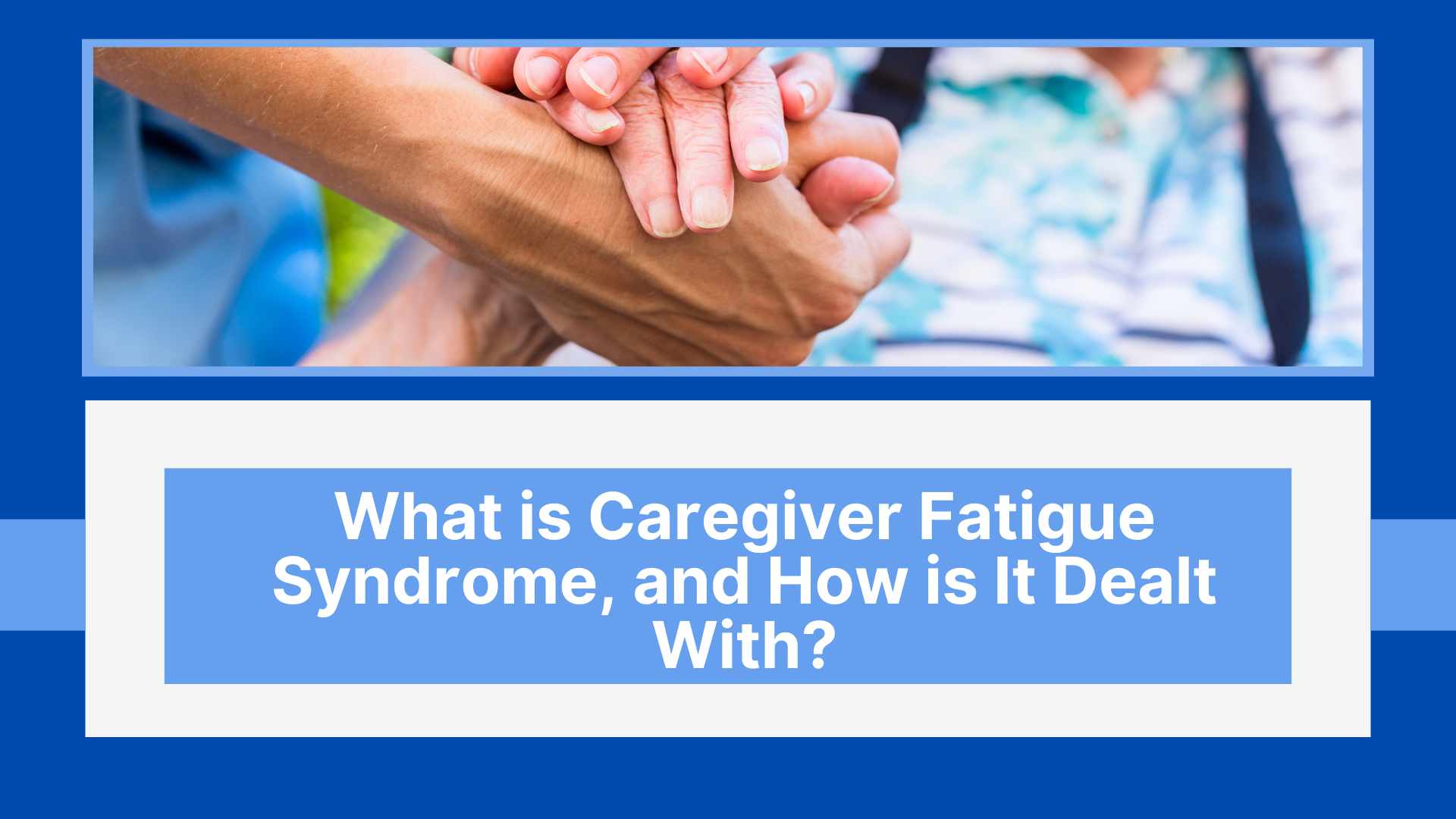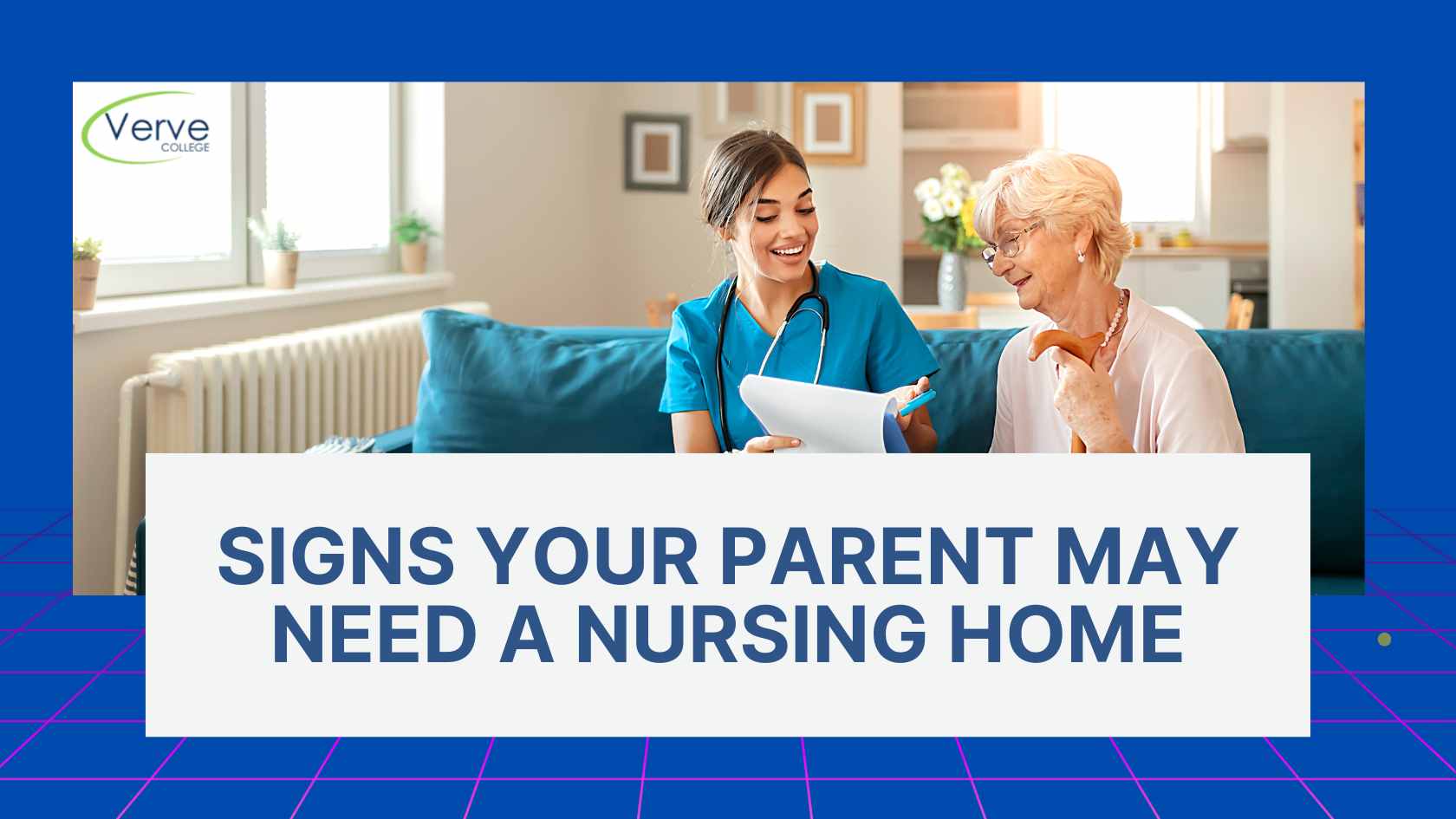- Oak Brook:(630) 705-9999
- Chicago:(312) 920-8822
- Email:inquiry@vervecollege.edu
- Make a Payment
- Home
- Programs
- Admission
- Resources
- ATI Entrance Exam Resources
- New E-Digital Library
- Refer a Friend
- School Newsletter
- Events
- Employers
- Job-Network
- Alpha Beta Kappa Candidates
- Verve College Library
- Graduation and Pinning Ceremony Photo Galleries
- Textbook Information
- Career Services
- Tutoring
- School Catalog
- FAQ
- Constitution Day Program
- Alumni
- Verve College Plans
- Financial Aid
- HEERF Reporting
- Satisfactory Academic Progress
- Apply For Financial Aid
- Net Price Calculator
- Return of Title IV Funds (R2T4)
- Financial Aid Office Code of Conduct
- Contact
- FAQs
- Verification Policy
- Vaccination Policy
- Student Right-to-Know Act
- Misrepresentation
- Information Security Program
- Academic Award Year
- Availability of Employee
- Cost of Attendance
- Health & Safety Exemption Requirement
- Students Rights and Responsibilities
- Leave of Absence
- Pell Formula
- Military Students
- Grants/ Scholarship Policy
- Contact Us
- Login
- Testimonials
- Blog
Is a Nursing Career Right For You?
Take The Free Quiz
Difference Between Private Duty Nursing vs. Skilled Nursing
Difference Between Private Duty Nursing vs. Skilled Nursing
While private duty nurses and qualified nurses who get skills from nursing degree in Illinois share a lot of the same training, certifications, and skills, they have different roles when caring for clients who have distinct needs.
While private duty nurses and qualified vocational nurses share many of the same training, certifications, and skills, they have different roles when caring for clients with distinct needs. Let’s understand private duty nursing vs skilled nursing in brief.
Private Duty Nursing Vs Skilled Nursing
Private-duty nurses care for adults or children who require long-term care. They may stay with clients 24 hours a day for checking patient’s chronic conditions. Private duty nurses provide different levels of medical care depending on the needs of their clients. They are almost always available to provide companionship or assistance in their client’s daily activities.
On the other hand, skilled nursing care for clients who need basic patient care during a limited period while recovering from an illness or disease. Each visit also tends to be shorter, as professional nurses do not provide assistance with daily activities but instead focus on providing medical care to patients.
You can contact Verve College at (312) 920-8822 for any admission requirements. If you want to become a licensed practical nurse with ease of scope of practice or need prerequisite courses for a better nursing career.
Learn More about Private Duty Nursing and Skilled Nurse Care
Private Duty Nursing
Private duty nurses are often more flexible than skilled nurses. They can work long hours each day and live with the client. Depending on their client’s health and specialized care requirements, they may have a long-term arrangement or only work for a few months. Private duty nurses can provide various health care services, from simple medication management to advanced care.
Some private-duty nurses are skilled in providing specialized medical treatment. They may also offer companion or personal care for patients when they are not providing medical care. You can help your client get into and out of bed in the morning or at night. Other services, such as meal preparation, light housekeeping, and mobility assistance, can be provided throughout the day in healthcare settings.
Skilled Nursing
A skilled nurse can provide specialized medical care at home for people who need it. A qualified nurse is a registered or licensed practical nurse who offers one-on-one care for clients recovering from illness or injury.
Related:- Subjective Vs. Objective Data in Nursing: Differences
A skilled nurse will come to your home at a particular time and leave once they have provided the needed services. This is similar to how a patient would be treated in a nursing homes. The level of care provided by a skilled nurse can also vary. Still, they are usually well-trained and experienced in handling various medical requirements.
Differential Payments and Insurance
The way clients pay for services is another difference between private duty and skilled nursing.
Pay and Insure for Skilled Nurses
Like most Medicare plans, private insurance plans can cover most of the costs associated with skilled nursing services.
Private Duty Care Payments and Insurance
There are many variations in the payment of private duty nursing care. Often, a long-term insurance plan of care will cover personal duty care.
Clients must usually pay for private duty nursing if the primary purpose of care is companionship or help with daily activities. Private-duty nursing can be covered if there is a medical need.
Private Duty Nursing Vs Skilled Nursing Facilities Instances
It can be helpful to list the healthcare services you need when deciding what care will work best for you.
Private duty nursing and skilled nursing services are always included in the following list:
- Create a care plan & check vital signs.
- Completing the medical documentation.
- Assessment of changes in a client’s health status .
- Assessment of dietary requirements and plans.
Family members can be taught/trained by a professional.
Expert, Compassionate, and Experienced Caregivers Provide Home Private Duty or Skilled Care Services by Acquiring LPN Courses
Our preferred LPN courses offered by ATI nursing school (vocational school) include nursing process, critical thinking, practical experience, and hands-on training for nursing students who can prepare themselves to assist patients and their families with chronic illnesses or other medical issues requiring one-on-one attention. Healthcare professionals can provide the basic care at home that you or your family need to improve your quality and maintain your health in residential care facility.
 Sign up
Sign up Login
Login




